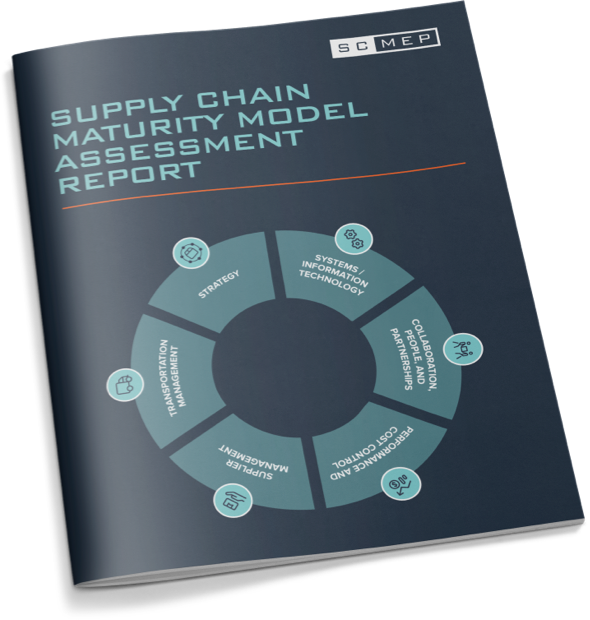Smarter Supply Chains for SC Manufacturers
 From local sourcing to risk mitigation, SCMEP helps you build a supply chain that’s leaner, faster, and more resilient.
From local sourcing to risk mitigation, SCMEP helps you build a supply chain that’s leaner, faster, and more resilient.
Supply Chain Optimization
In the last few years, global challenges within the supply chain have affected all manufacturers. We are your partner to help you navigate these rapidly changing conditions and deploy supply chain optimization tools.

Want to Make Improvements?
The SCMEP Supply Chain Maturity Model Assessment Report provides a comprehensive overview of your supply chain strengths, identifies opportunities for improvement, and delivers focused, strategic direction to improve supply chain performance.

